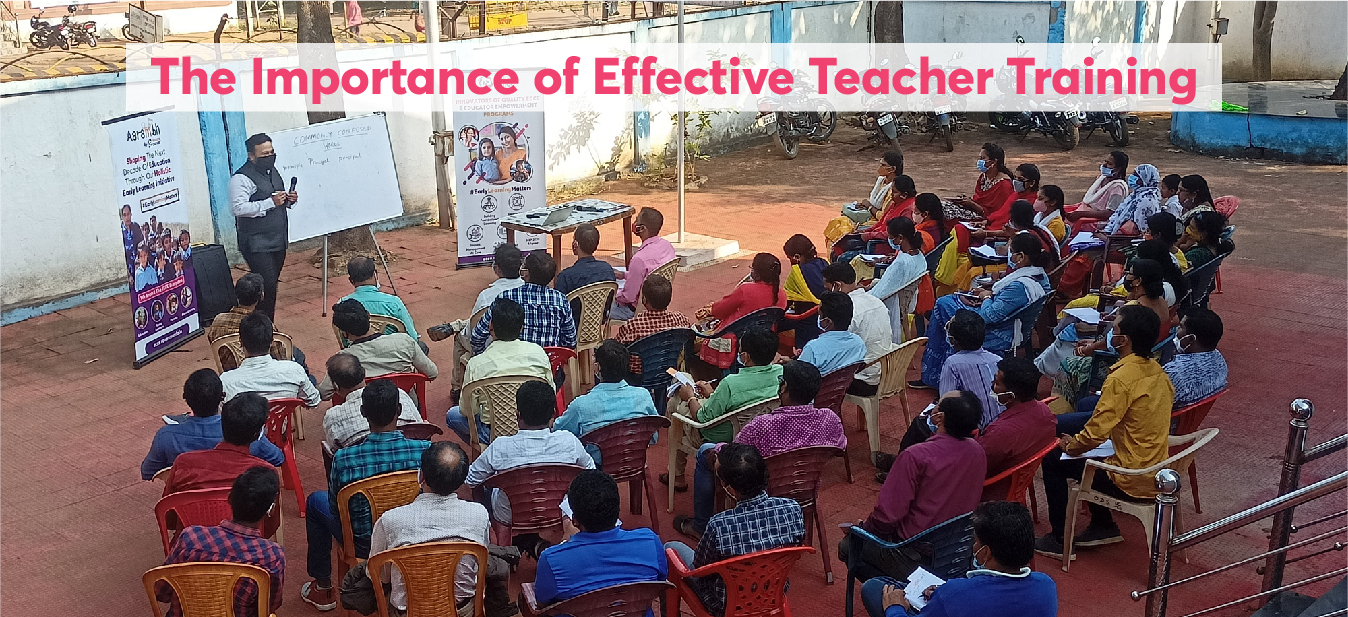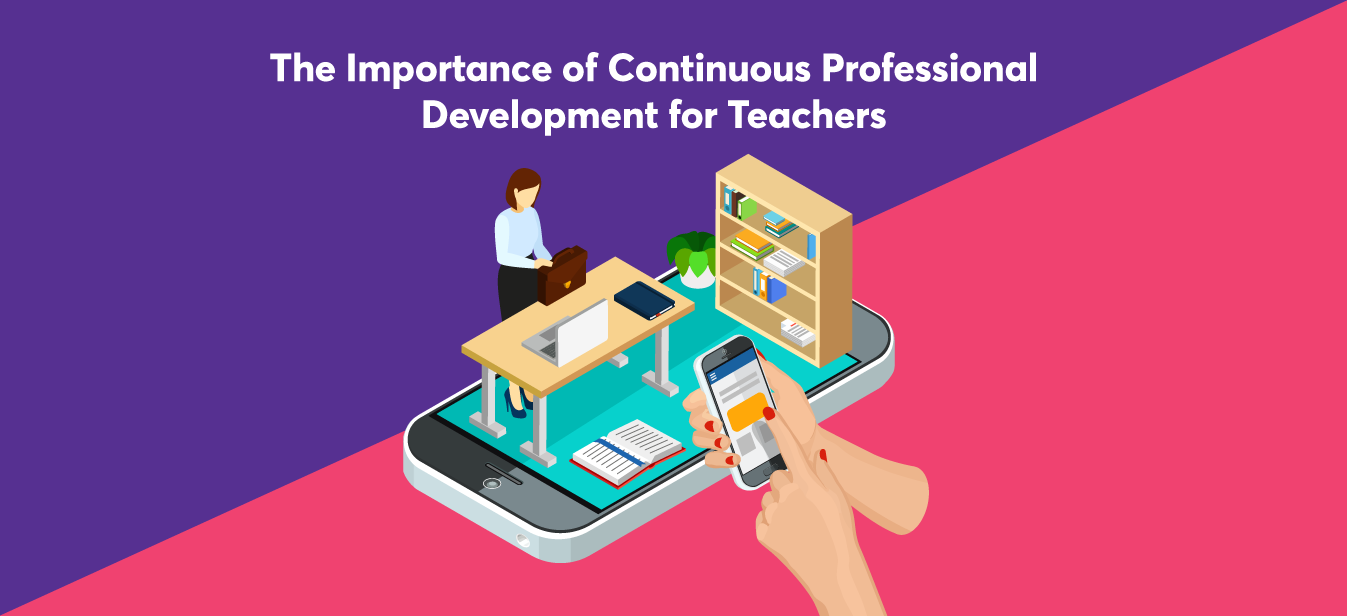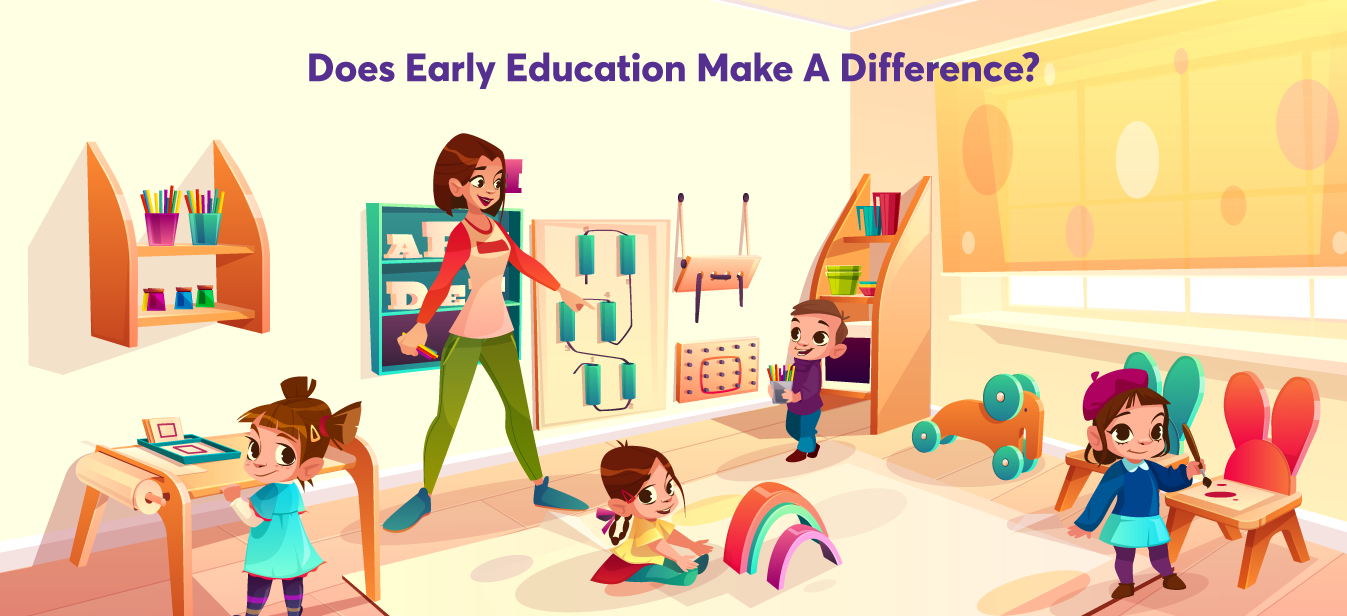Imagine walking into a classroom where the teacher is missing—again. Students sit idle, flipping through books without guidance. Some are distracted, while others struggle with yesterday’s lesson. Over time, these gaps in learning add up, making it harder for children to keep up with their studies.
Teacher absenteeism is a significant challenge in schools across India, especially in government institutions. On any given day, approximately 25% of teachers in government primary schools are absent. In some states, the problem is even worse—absence rates range from 15% in Maharashtra to 42% in Jharkhand, with the highest rates found in low-income regions.
How Teacher Absenteeism Affects Learning
Teacher absenteeism isn’t just about missing a day or two. The ripple effect can be long-lasting, impacting student performance, motivation, and overall school effectiveness.
Lost Instructional Time
Every missed day means lost learning. A teacher’s absence often results in students being left to complete worksheets or repeat previous lessons without proper guidance. This limits their ability to grasp new concepts, especially in subjects like math and language.
Weak Literacy and Numeracy Skills
In early education, children need structured learning to develop reading and math skills. Frequent teacher absences disrupt this process, leaving students struggling with basic concepts. The Sirohi School Transformation Report found that before structured interventions, many students lacked foundational literacy and numeracy skills.
Unequal Learning Opportunities
Students from underprivileged backgrounds are hit the hardest by teacher absenteeism. Unlike children in well-resourced schools, they don’t have access to private tutoring or digital learning tools at home. When their teachers are absent, they have no backup support, putting them at an even greater disadvantage.
Decreased Student Engagement
Learning is a habit, and students lose interest when it’s interrupted frequently. Irregular teaching schedules create an unpredictable learning environment. Over time, this leads to a lack of discipline and motivation, making it even harder for students to stay on track.
Teaching Activity and Student Impact
Even when teachers are present, they are not always engaged in active teaching. Studies show that during unannounced visits, only about 50% of teachers who were present in schools were actively engaged in teaching. This lack of engagement directly impacts student learning. Research also suggests that teacher absenteeism has a greater negative impact on student achievement in schools with high percentages of low-income and minority students.
What Can Be Done to Address Teacher Absenteeism?
Strengthening Teacher Training
Many teachers lack structured training, especially in engaging young learners. This makes lesson delivery ineffective, leading to disengagement from both teachers and students. Regular workshops on teaching techniques, classroom management, and subject-specific strategies can help educators feel more prepared and motivated to teach.
In the Sirohi transformation project, teachers received phonics-based training for early literacy development. This simple intervention made a big difference in how students learned to read.
Introducing Digital Learning Tools
Technology can’t replace teachers but can be a strong support system. Teachers can make learning more engaging when they have access to digital resources like interactive lessons, gamified learning apps, and smart classrooms.
Square Panda’s digital learning programs have shown how blended learning (a mix of traditional teaching and technology-driven methods) keeps students engaged even when teachers aren’t physically present. If schools integrate more such resources, learning can continue even on days when a teacher is absent.
Parental and Community Involvement
Parents and local communities play a major role in holding schools accountable. When parents are actively involved, they can raise concerns about absenteeism and push for better teaching standards. Regular Parent-Teacher Meetings (PTMs) can help create a system where teachers, students, and parents stay aligned.
One key takeaway from the Sirohi project was the importance of parental engagement. Schools that encouraged parents to participate in their child’s education saw better student performance and attendance.
Better Monitoring and Accountability
Tracking teacher attendance and performance is essential. Schools need a transparent system where attendance records are maintained and monitored. This doesn’t mean enforcing punitive measures but rather identifying patterns and offering support where needed.
For example, if a school finds that teachers are frequently absent due to workload stress, offering additional classroom support could be a solution. By addressing the root causes, absenteeism can be managed more effectively.
Incentives for Regular Attendance
Recognizing and rewarding teachers for regular attendance and effective teaching can encourage better performance. Schools can introduce small but meaningful incentives such as professional development opportunities, recognition programs, or performance-based rewards.
When teachers feel valued and supported, they are more likely to stay committed to their work.
How Structured Interventions Improved Attendance and Learning
During Square Panda’s intervention in Sirohi, schools implemented structured teaching methods, technology-based learning, and teacher training. The results?
- Student engagement increased – More students actively participated in class.
- Reading and numeracy skills improved – Baseline assessments showed weak performance, but endline assessments proved that students had made real progress.
- Teachers became more involved – Training and structured support encouraged teachers to be more present and engaged.
This case study proves that absenteeism and its effects can be addressed with the right strategies.
Taking Action for Better Learning Outcomes
Teacher absenteeism is a major roadblock in education, but it’s not an unsolvable problem. When schools invest in teacher training, digital tools, parental involvement, and accountability measures, they create an environment where both teachers and students thrive.
Square Panda India’s initiatives have already demonstrated the positive impact of structured interventions. Now, it’s time to take these lessons forward and ensure that every child receives the education they deserve—one where teachers are present, engaged, and equipped to teach effectively.
Education isn’t just about showing up—it’s about showing up prepared and committed. And that’s a responsibility we all share.







